New cars and motoring laws 2018: a guide to driving in the new year
From electric cars to diesel tax, here’s what to expect in the next 12 months
A free daily email with the biggest news stories of the day – and the best features from TheWeek.com
You are now subscribed
Your newsletter sign-up was successful
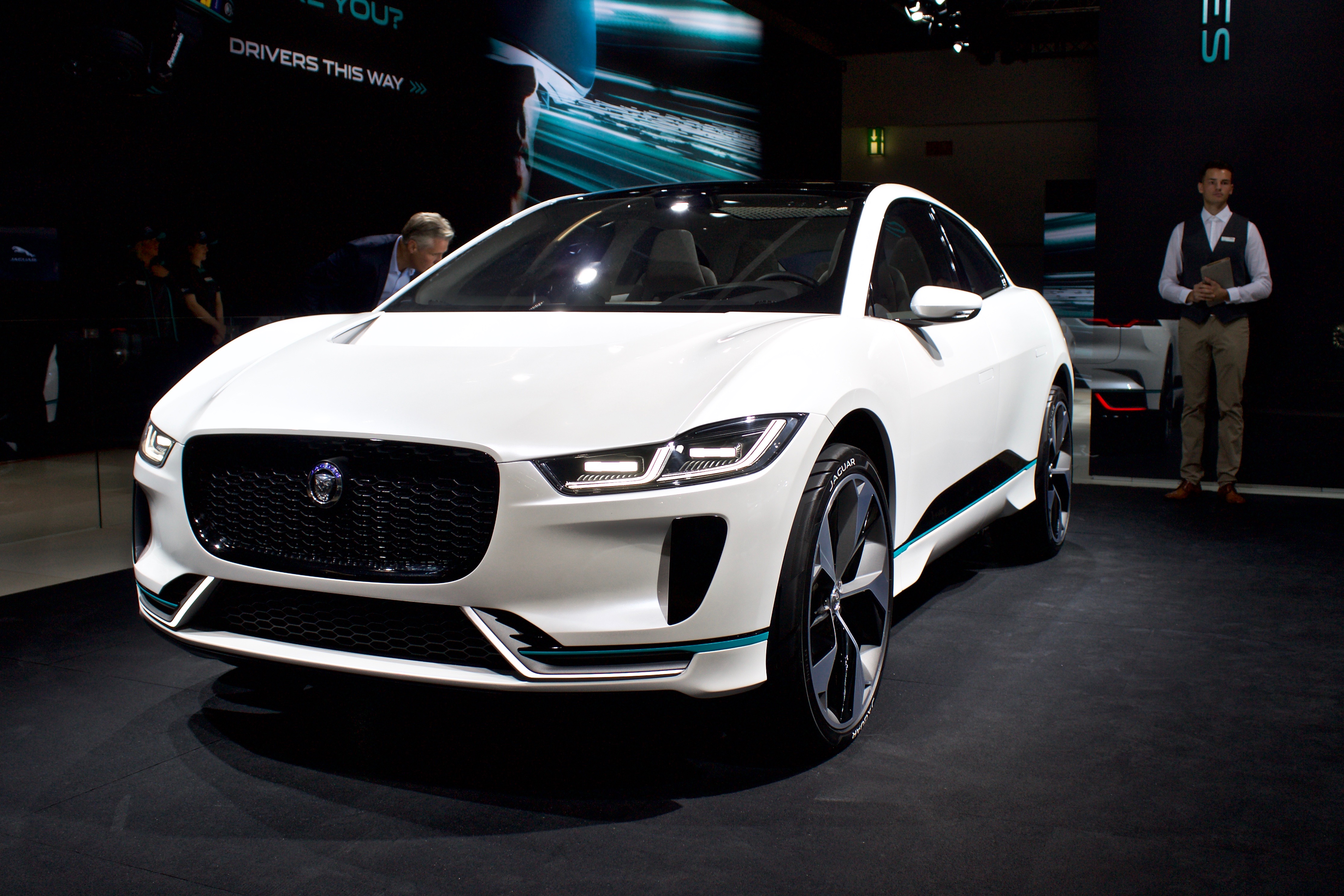
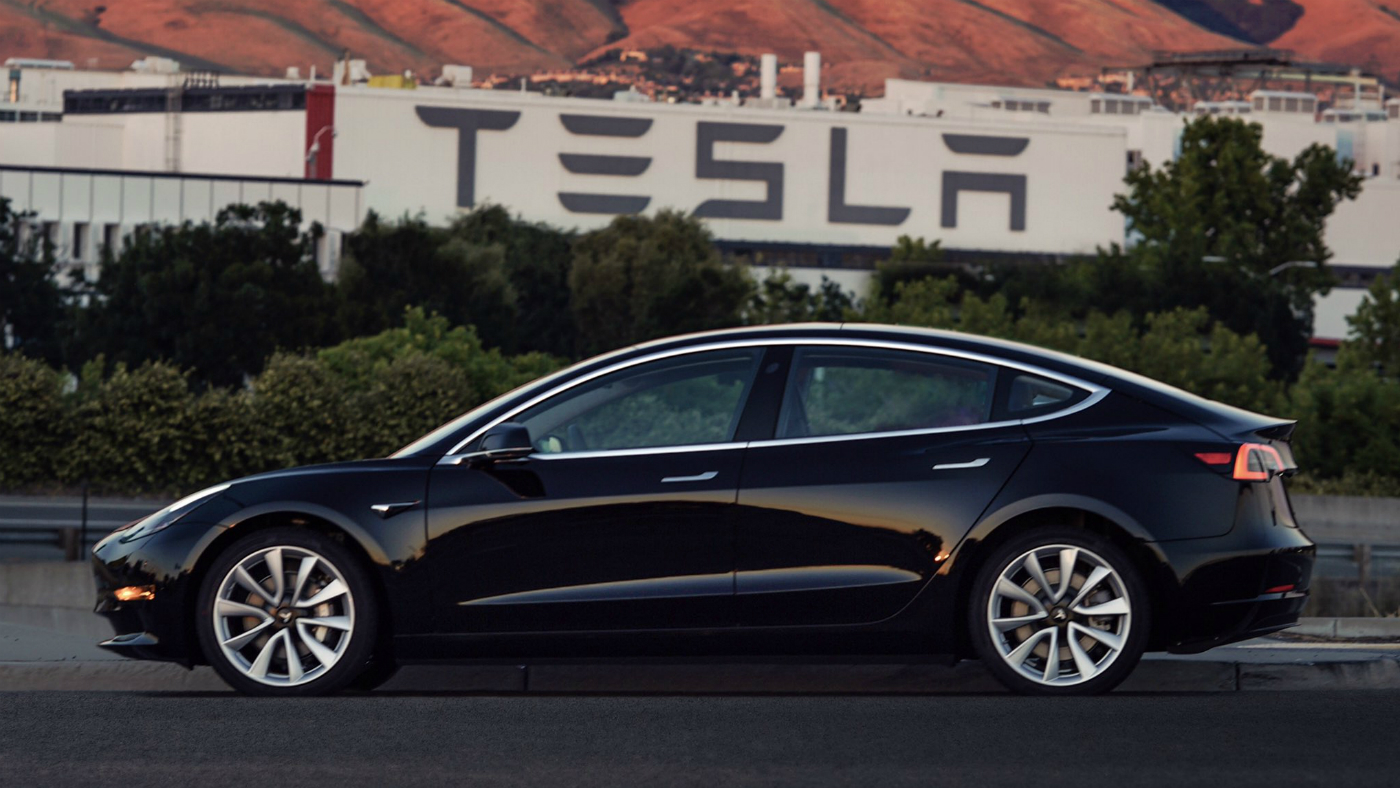



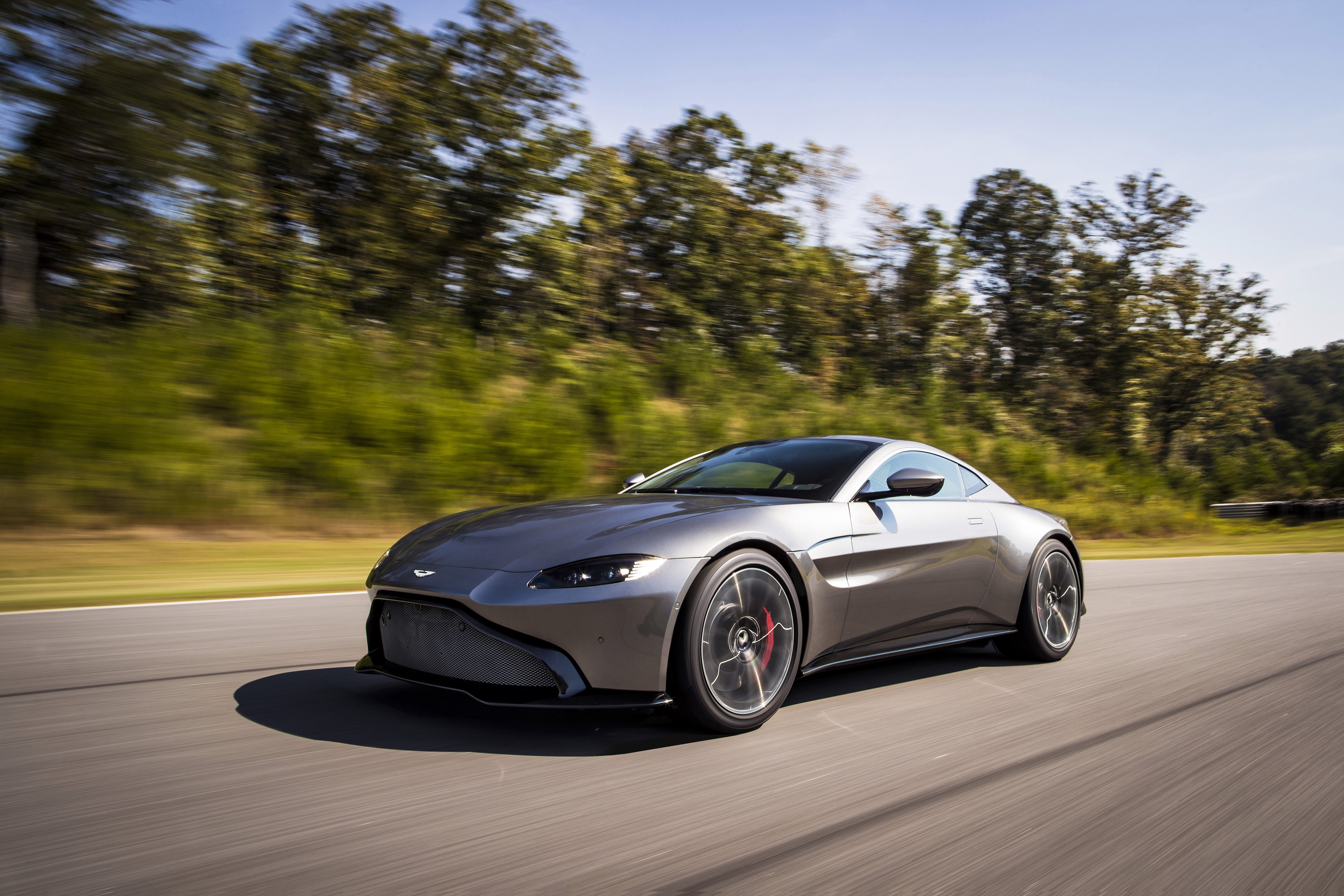

A new year is dawning and with it comes the promise of lots of exciting car launches - and driving rules changes.
Industry insiders believe 2018 may mark a major turning point for the electric car industry, with a host of new models from some of the world’s largest manufacturers set to appear. A tax hike for newly registered diesel cars may also push more buyers towards electric models.
With lots of other innovations in store over the next 12 months, here’s everything car fans and drivers need to know.
The Week
Escape your echo chamber. Get the facts behind the news, plus analysis from multiple perspectives.

Sign up for The Week's Free Newsletters
From our morning news briefing to a weekly Good News Newsletter, get the best of The Week delivered directly to your inbox.
From our morning news briefing to a weekly Good News Newsletter, get the best of The Week delivered directly to your inbox.
What cars can we expect?
Buyers on the hunt for an electric vehicle are in for a treat.
Although Tesla’s entry-level electric car, the Model 3, officially launched in 2017, high demand and production woes mean the majority of customers will receive their vehicle in 2018.
For those looking for an alternative to the Model 3, there is Nissan’s new Leaf, hitting showrooms within the coming weeks.
A free daily email with the biggest news stories of the day – and the best features from TheWeek.com
Further up the electric car market is the Jaguar I-Pace SUV, which will go on sale in the summer for around £50,000, according to WhatCar?. There’s also the Faraday Future FF-91 - being pitched as a direct rival to the Tesla Model X - although Jalopnik says that “things are going from bad to worse” for Faraday following the resignation of Richard Kim, one of the US-based company’s founders.
Car fans in the market for something more luxurious can take their pick from the new Bentley Continental GT, Aston Martin V8 Vantage and Lamborghini Urus, all due to appear in 2018. Other high-end newcomers will include the Alpine A110 sports car and Audi A8.
Those with a more modest budget may want to check out the new DS 7 Crossback and Ford Focus, along with the new Jaguar E-Pace and Seat Arona.
What’s in the new driving test?
Significant changes to the driving test system came into effect on 4 December, just in time for those looking to lose their L-plates in 2018.
One of the main tweaks is the introduction of a satnav challenge, in which candidates must follow directions from a satnav provided by the examiner. It’s hoped the change will “encourage more independent driving and teach new drivers to manage distractions”.
Candidates also have to perform simple safety tasks while on the move, says Auto Express, such as operating the windscreen wipers. And the independent driving section, where candidates receive minimal instruction, has been extended from ten to 20 minutes.
Finally, the “reverse around a corner” and “turn-in-the-road” manoeuvres have been axed. Instead, drivers may be required to reverse into a parking space, the Driver and Vehicle Standards Agency (DVSA) says.
What about motoring laws?
Along with the new driving test, learner drivers will be allowed to drive on motorways, provided they are accompanied by an approved instructor and are driving a car fitted with dual controls - where both the learner and teacher have their own clutch and brake pedals.
There will also be changes to vehicle MOTs from May 2018, which will result in a total of around 500,000 cars being exempt from the test, reports the Daily Express.
The new law states that cars over 40 years old will not need to pass the test to be registered road legal. That equates to around 1.5% of the 31.7 million cars on UK roads, says the newspaper.
Will tax rates change?
The Government is introducing a tax hike on all newly registered diesel cars from 1 April, with the first-year Vehicle Excise Duty (VED) rate going up by one band. So for instance, a Ford Fiesta will see a one-off £20 rise, while cars in the top band, such as a Porsche Cayenne, will be hit with a £500 tax, says Auto Express.
The changes apply to vehicles that do not meet the Euro 6 engine requirements under the new Real Driving Emissions (RDE) standards, the website explains. However, there is currently no new diesel-engine car on sale that meets these standards, so all current vehicles that use the fuel will be subject to the tax increase.
-
 Local elections 2026: where are they and who is expected to win?
Local elections 2026: where are they and who is expected to win?The Explainer Labour is braced for heavy losses and U-turn on postponing some council elections hasn’t helped the party’s prospects
-
 6 of the world’s most accessible destinations
6 of the world’s most accessible destinationsThe Week Recommends Experience all of Berlin, Singapore and Sydney
-
 How the FCC’s ‘equal time’ rule works
How the FCC’s ‘equal time’ rule worksIn the Spotlight The law is at the heart of the Colbert-CBS conflict
-
 BMW iX3: a ‘revolution’ for the German car brand
BMW iX3: a ‘revolution’ for the German car brandThe Week Recommends The electric SUV promises a ‘great balance between ride comfort and driving fun’
-
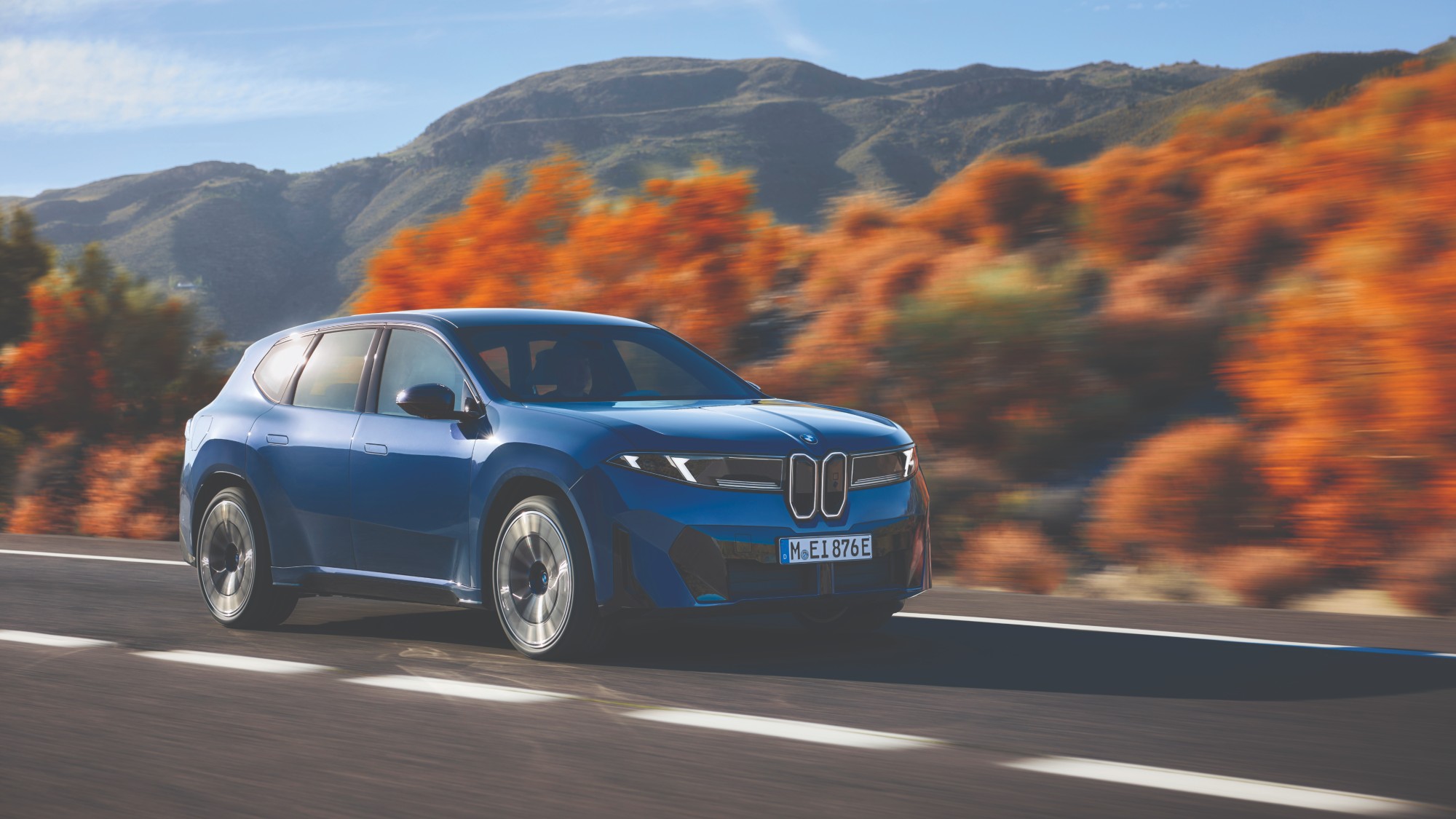 The best new cars for 2026
The best new cars for 2026The Week Recommends From SUVs to swish electrics, see what this year has to offer on the roads
-
 Aston Martin Vantage Roadster: 'a rare treat indeed'
Aston Martin Vantage Roadster: 'a rare treat indeed'The Week Recommends The Roadster version of Aston Martin's new Vantage coupé makes even 'the most mundane journey feel special'
-
 Are plug-in hybrids better for America's climate goals?
Are plug-in hybrids better for America's climate goals?Talking Points The car industry considers a 'slower, but more plausible path' to reducing emissions
-
 EV market slowdown: a bump in the road for Tesla?
EV market slowdown: a bump in the road for Tesla?Talking Points The electric vehicle market has stalled – with worrying consequences for carmakers
-
 The week's good news: Dec. 14, 2023
The week's good news: Dec. 14, 2023Feature It wasn't all bad!
-
 MG4 EV XPower review: what the car critics say
MG4 EV XPower review: what the car critics sayFeature The XPower just 'isn't as much fun' as a regular MG4
-
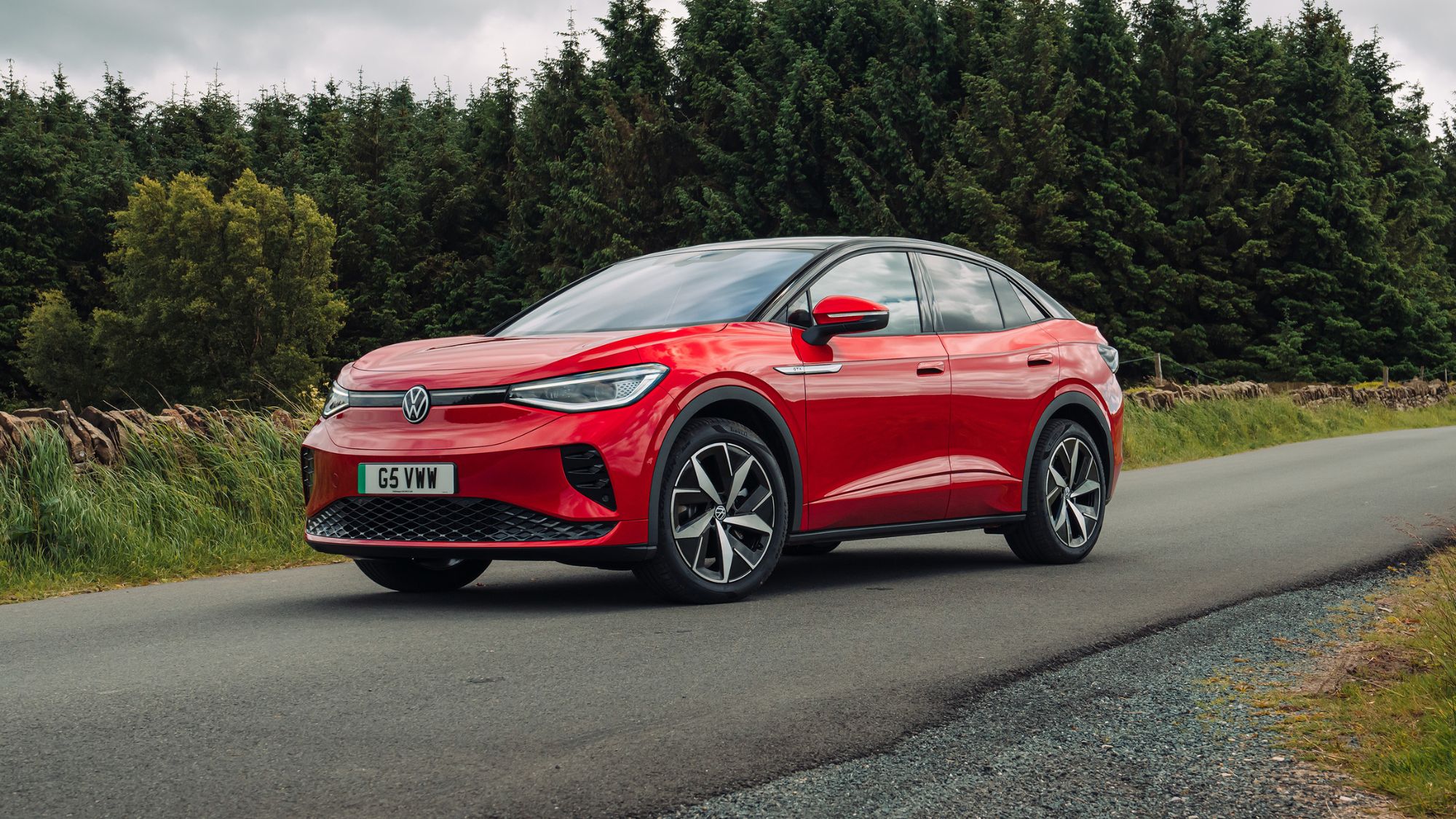 Volkswagen ID.5 review: what the car critics say
Volkswagen ID.5 review: what the car critics sayFeature The ID.4's 'sportier, more stylish twin' – but 'don't believe the hype'